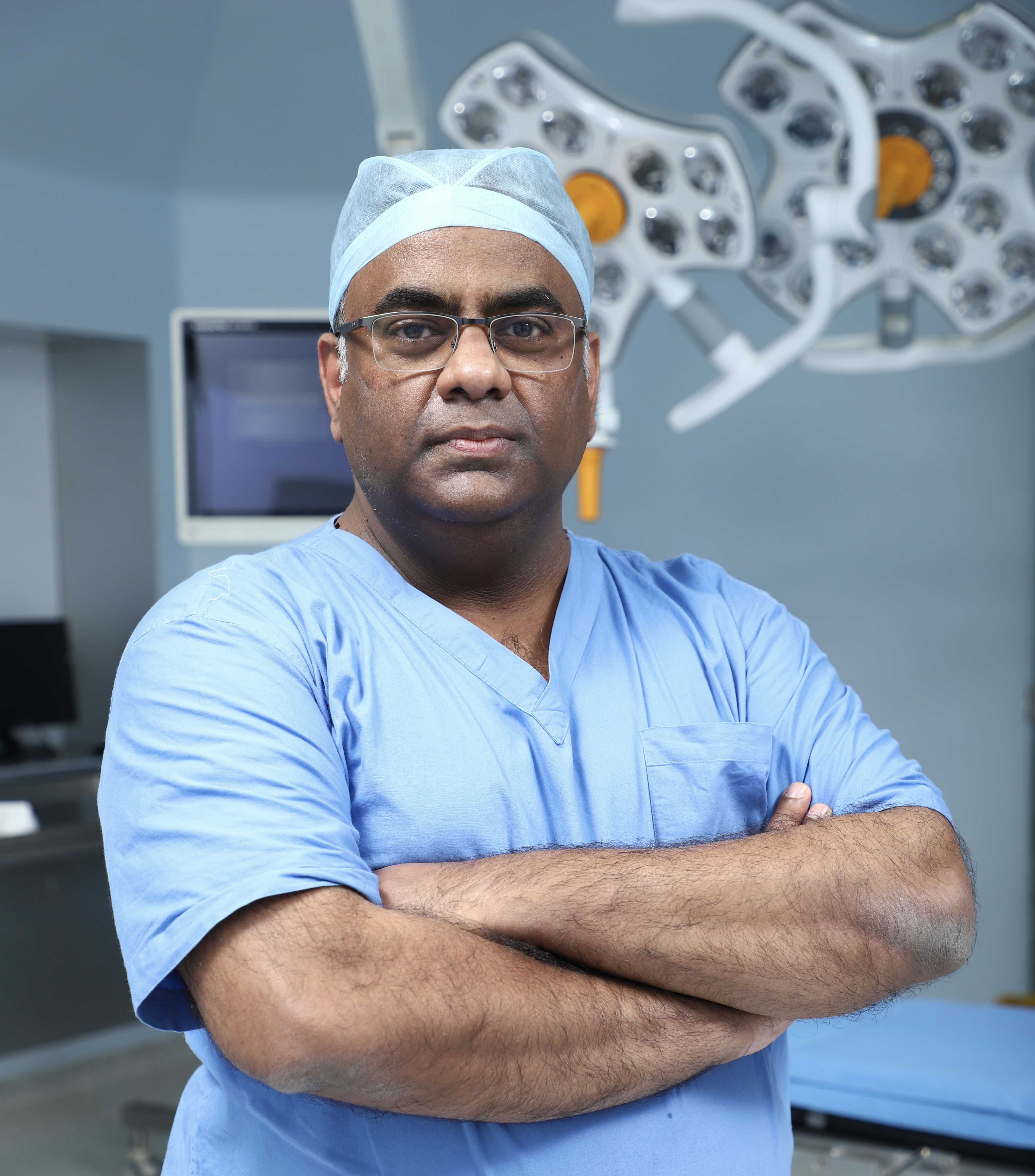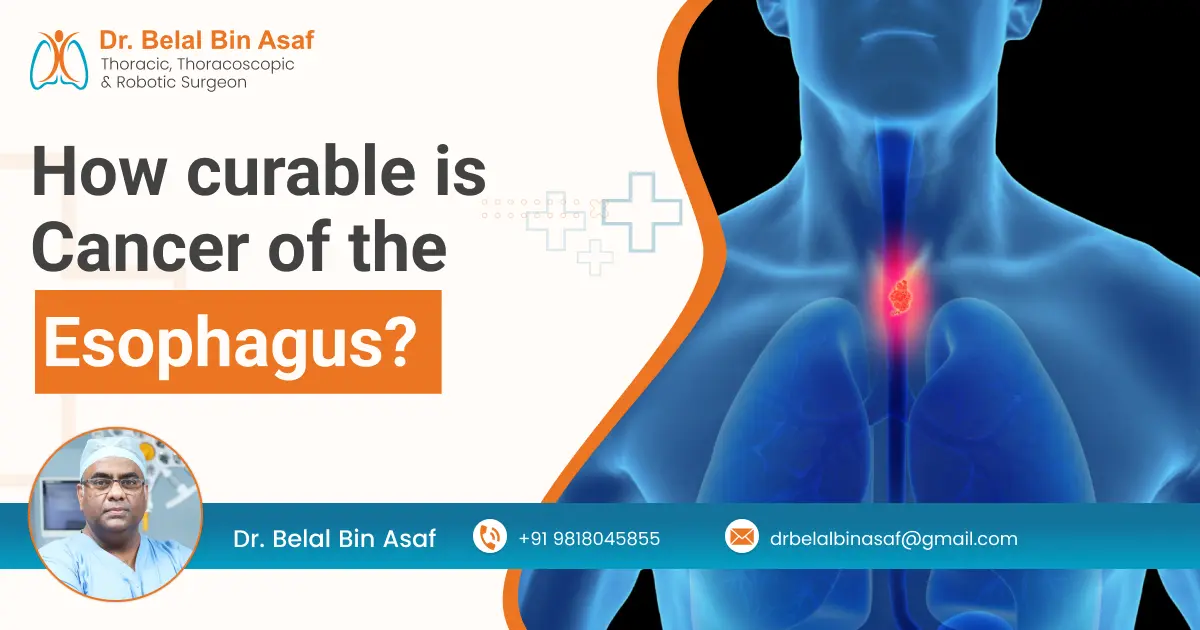Esophageal cancer is a serious and often aggressive disease, but its curability greatly depends on the stage at which it is diagnosed. Early detection dramatically improves the chances of successful treatment and long-term survival. In contrast, esophageal cancer diagnosed in its later stages is more difficult to cure, but treatment can still significantly improve quality of life.
Contents
- 1 Can Esophageal Cancer Be Cured If Caught Early?
- 2 What Are the Best Treatment Options for Esophageal Cancer?
- 3 Is Esophageal Cancer Curable in Advanced Stages?
- 4 What Factors Affect the Curability of Esophageal Cancer?
- 5 How Is Treatment Personalized for Each Patient?
- 6 Conclusion
- 6.1 Frequently Asked Questions (FAQs)
- 6.2 Q1: Can you survive esophageal cancer?
- 6.3 Q2: What are the first signs of esophageal cancer?
- 6.4 Q3: Is surgery always required for esophageal cancer?
- 6.5 Q4: What is the success rate of esophageal cancer treatment?
- 6.6 Q5: Can lifestyle changes help with recovery?
Can Esophageal Cancer Be Cured If Caught Early?
Yes, early-stage esophageal cancer is often curable. If the cancer is detected before it spreads beyond the esophagus, treatments such as surgery, chemotherapy, and radiation therapy can be highly effective.
Modern medical imaging and screening technologies are making early detection more common, especially in high-risk individuals.
What Are the Best Treatment Options for Esophageal Cancer?
The most effective treatment plan depends on the stage, location, and type of esophageal cancer, as well as the patient’s overall health. Here are the most commonly used treatments:














 +91-9818045855
+91-9818045855
